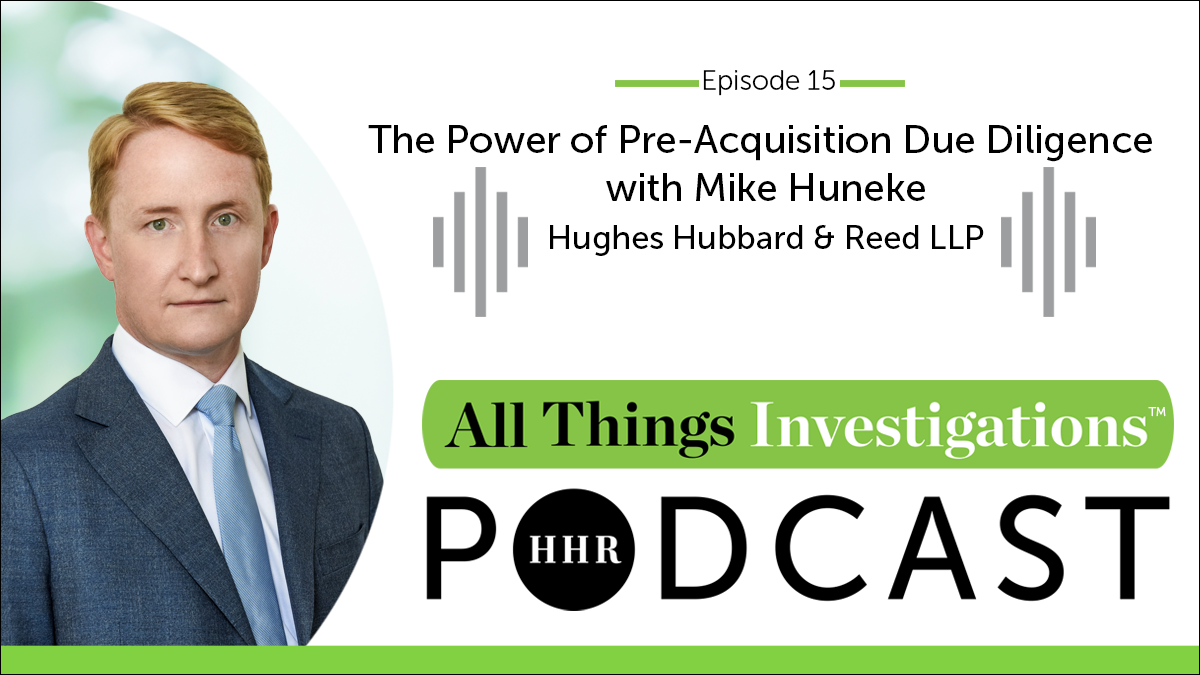The award-winning Compliance into the Weeds is the only weekly podcast that takes a deep dive into a compliance-related topic, literally going into the weeds to explore a subject more fully. Are you looking for some hard-hitting insights on sanctions compliance? Look no further than Compliance into the Weeds! In this episode, Tom and Matt consider the recent speech by DAG Lisa Monaco, creating a Safe Harbor for M&A under the FCPA and beyond.
The Justice Department has recently unveiled a new policy aimed at fostering cooperation and compliance within the corporate sector, especially during acquisitions. This policy, which offers companies the chance to avoid charges for compliance violations discovered during the acquisition process, has sparked a lively discussion among compliance experts. Matt views this policy with a mix of curiosity and uncertainty. He acknowledges its potential benefits but also raises concerns about its practical execution, particularly in relation to antitrust enforcement and the treatment of companies new to acquisitions.
The application of the policy across various DOJ divisions and its interactions with other enforcement organizations intrigue Tom. He also questions whether acquiring companies will still receive a “free pass” if the acquired company engages in antitrust behavior. To delve deeper into these perspectives and explore the potential implications of this new policy, join Tom Fox and Matt Kelly in the latest episode of the Compliance into the Weeds podcast.
Key Highlights:
- Cooperation and Compliance Incentives for M&A
- Exemption of Acquisition Target’s Aggravating Factors
- DOJ’s Emphasis on Pre-Acquisition Compliance Involvement
- Enforcement Policy’s Impact and Curiosity
Resources:
Matt in Radical Compliance
Tom







